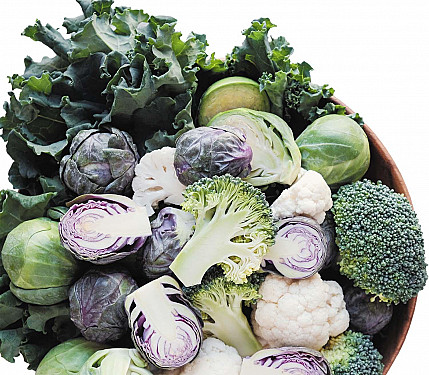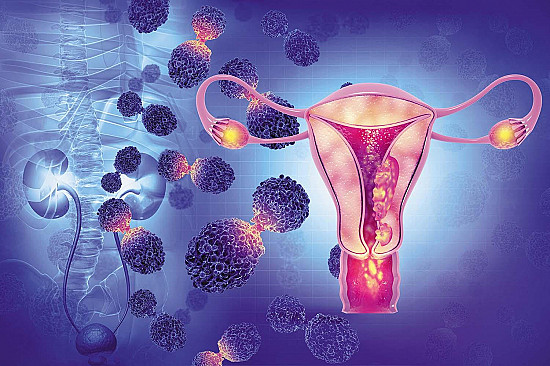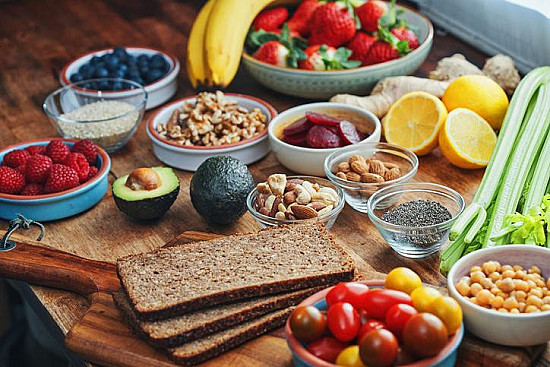Eating more ultra-processed foods may shorten life span
In the journals
Need another reason to monitor your intake of ultra-processed foods? Cutting down on your amounts could help you live longer.
In an observational study published online Feb. 11, 2019, by JAMA Internal Medicine, almost 45,000 adults ages 45 and older completed several dietary assessments over a two-year period. On average, ultra-processed foods made up about 15% of their daily diet as measured in grams.
Ultra-processed food was defined as ready-to-eat and microwaveable foods, such as bread, breakfast cereals, instant noodles, chicken or fish nuggets, chocolate bars and candies, chips, and artificially sweetened beverages.
After nine years, the researchers found a direct statistical connection between higher intake of ultra-processed food and a higher risk of early death from all causes, especially cancers and cardiovascular disease.
Several factors might explain the connection, according to the researchers. Ultra-processed foods often have fewer nutrients than unprocessed foods, and they contain higher amounts of sugar, salt, saturated fat, and food additives, all of which are associated with an increased risk for chronic diseases.
Besides cutting back on processed foods, the researchers suggested people read food labels when shopping and choose products with a shorter list of ingredients and few or no additives.
Image: © Mumemories | iStock/Getty Images
Disclaimer:
As a service to our readers, Harvard Health Publishing provides access to our library of archived content. Please note the date of last review or update on all articles.
No content on this site, regardless of date, should ever be used as a substitute for direct medical advice from your doctor or other qualified clinician.
















